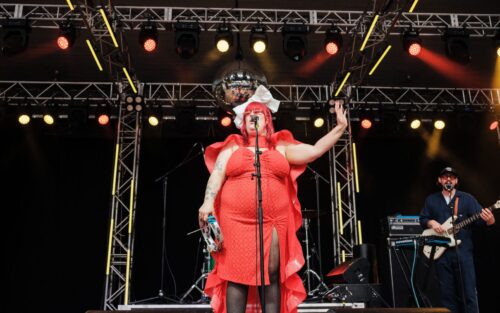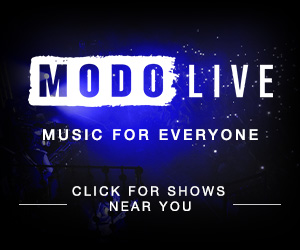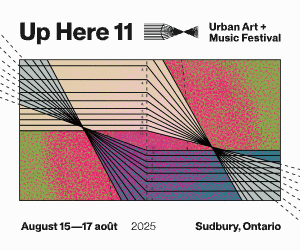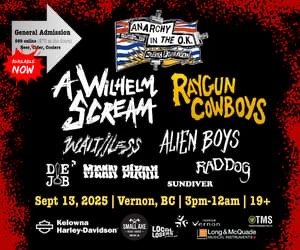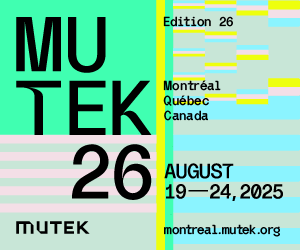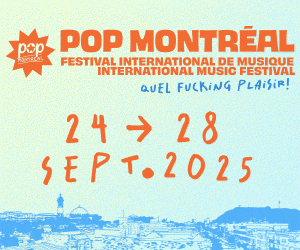Autogramm Bask in the Rays Of New Wave Nuance
The transnational power-pop quartet have set their sights on warmer climates on the heels of new album, Music That Humans Can Play.
By Sebastian Buzzalino
Photo by Tyler McLeod
- Published on
The rising supergroup — comprised of Jiffy Marx (Hard Drugs, Night Court, Blood Meridian), CC Voltage (Dysnea Boys, Loyalties, Black Halos, Spitfires), Lars von Seattle (Bread & Butter, the Catheters), and The Silo (Black Mountain, Lightning Dust, Destroyer) — haven’t set foot on a stage since before the pandemic, when they were just about to start a full Mexican tour — tacos and tequila on days off included.
“That’s our MO,” laughs Voltage over a Zoom call that connects him, Marx, and von Seattle across their respective locales. “Our goal from the very beginning was to just do California and Spain. We’ve done California multiple times, so we just need to do Spain. Maybe that’s when the band will end, when we finally do Spain.”
Thankfully for fans, it looks like Spain is still a ways off for the band. Autogramm just dropped their third full-length, Music That Humans Can Play, another tightly-wound stylish slab of synth-driven, 80s-laden power-pop. Each of the 11 tracks bops along with effortless cool and catchy earworms that drive the listener directly to the dancefloor.


Autogramm look, sound, and feel like they’re lifted directly from the early 80s, so keenly and capably they pay homage to the second wave of punk and the rise of New Wave.
“We all came up in 90s hardcore bands — dating ourselves, again,” says Marx. “You know, there’s always bands emulating the sound of the first wave of punk, the Sex Pistols or the Clash, or even proto-punk like The Ramones or The Stooges, but not as many bands who emulate the second wave of punk, which is where we’re coming from. This came chronologically at the same time as the first wave of hardcore.
“It’s interesting because it’s like they’re two sides of the extreme: some people wanted to go hard and heavier, some people wanted to go poppier and more melodic, and that’s kind of where we’re going.”
The video for the lead single, “Born Losers,” directly plays into that, a fun-loving Sasquatch at the centre of an 80s teen, beer-and-ski romp. Everything in Autogramm is done as an outlet for fun: these are just four guys who likely keep playing together as long as they’re able, even as they enter new chapters in life where it’s harder to bounce back after a gnarly wipeout on the slopes.
Music That Humans Can Play feels, well, totally human. It’s about the positive connections we can form on the dancefloor during live shows as a resistance to the otherwise looming sense of isolation felt in the late stages of the Internet Age.
“There’s a through-line, lyrically, in Autogramm. While the songs might be about anxiety or depression, we also kind of have this inclusivity on the record, like we’re all born losers,” says von Seattle. “I’m a loser just like you, or like ‘WannaBe,’ the lyrics to that song are meant to bring in the listener, like we’re all in this together.”
“You know, walk together, rock together,” laughs Marx.
By Sebastian Buzzalino
Calgary’s beloved summer festival trudges through the downpour with a stacked lineup of genre-bending greatness.
By Megan Magdalena
Rebecca White of Vancouver punk act WAIT//LESS interviews frontwoman Missy Dabice in a backstage catharsis session.


